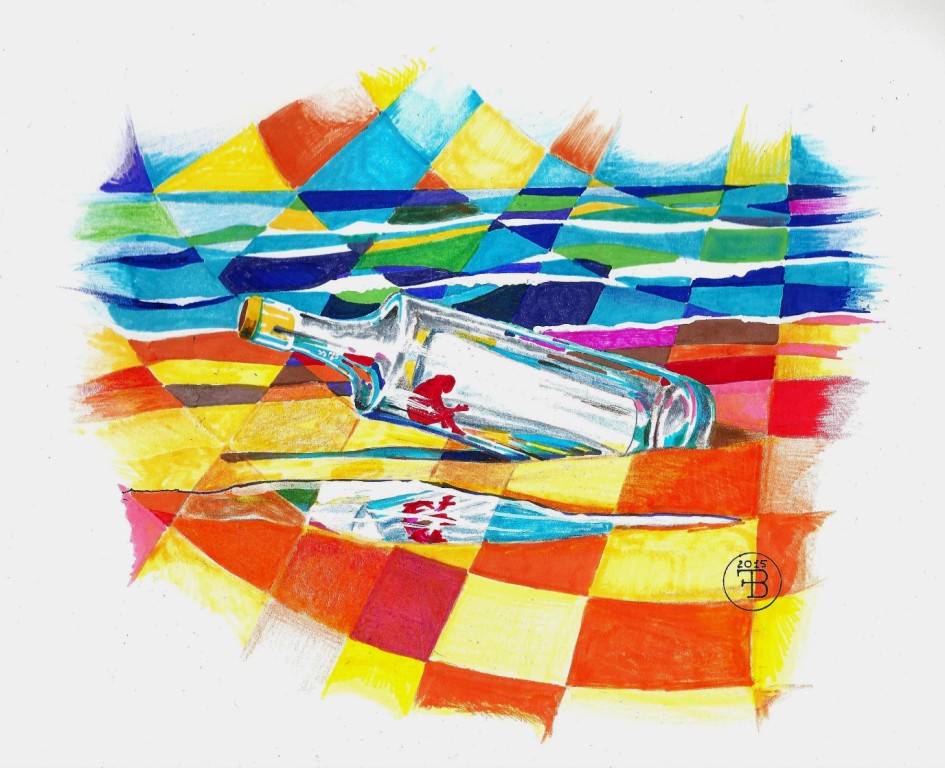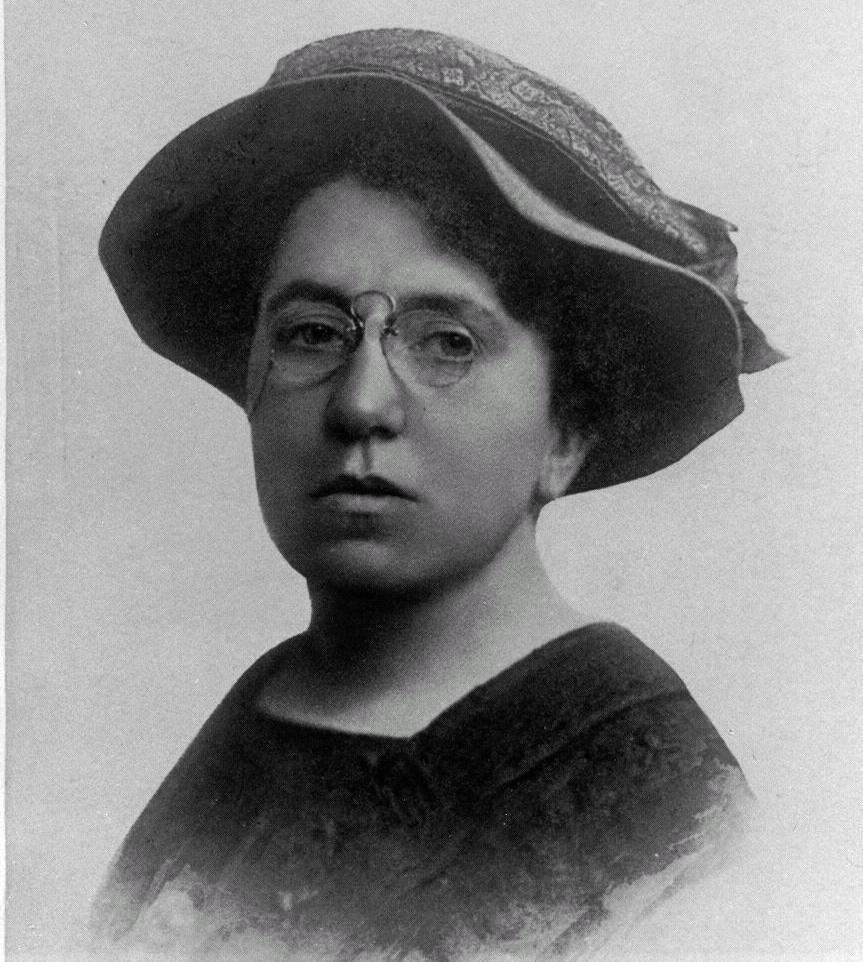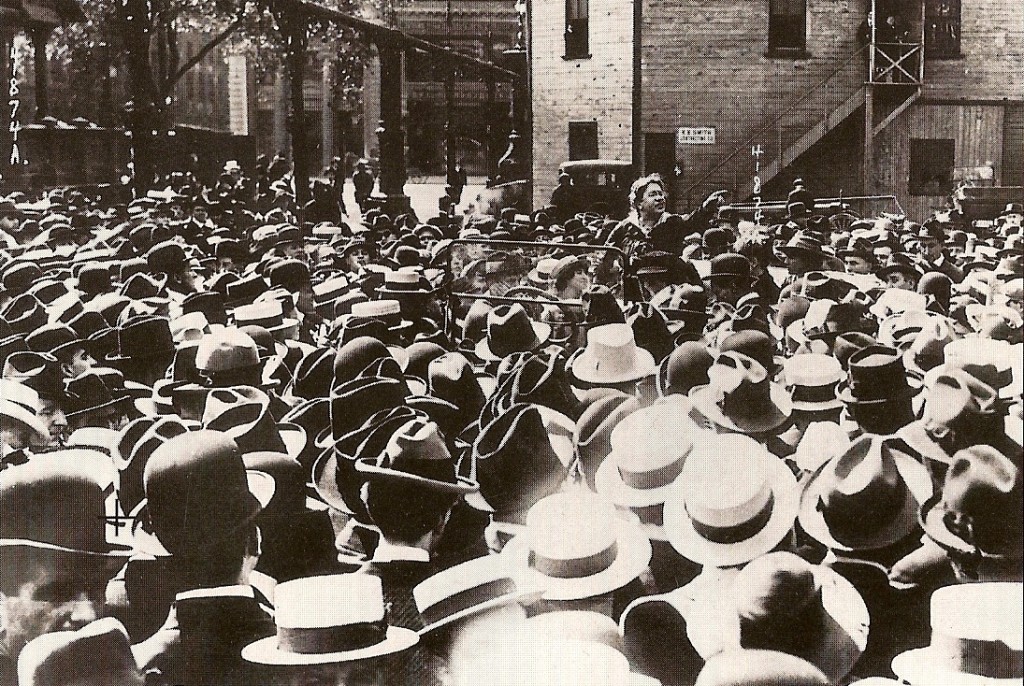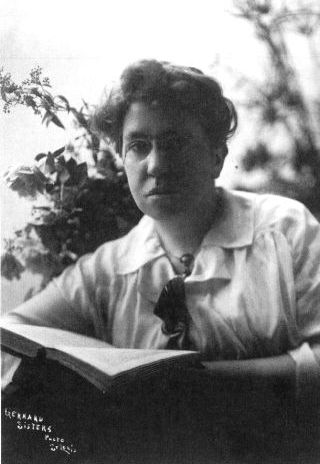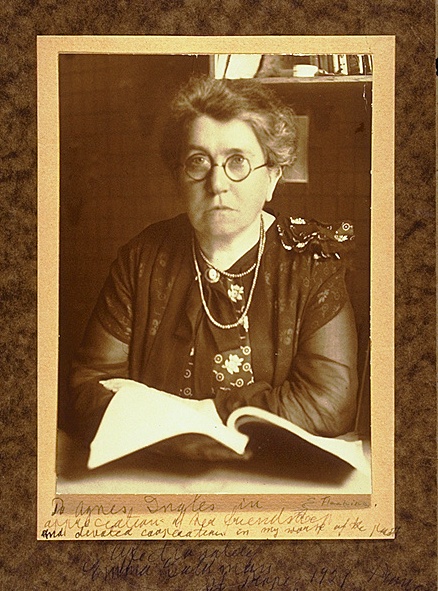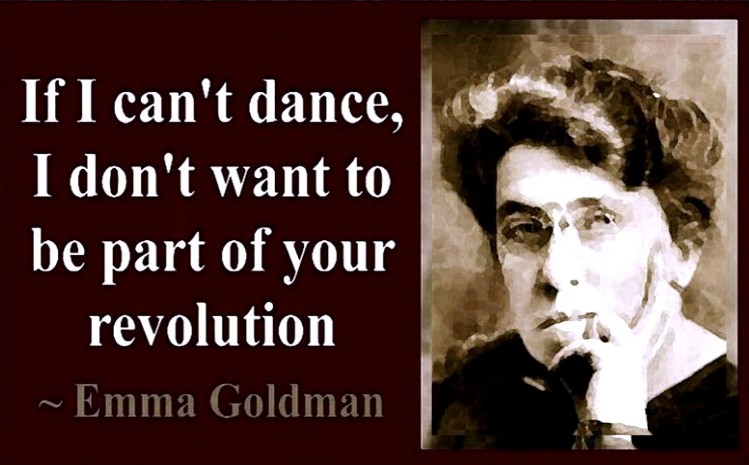Messages in a bottle are passages, quoted from writers who lived in the past, conveying a message that can still be appreciated in the present.
Emma Goldman (June 27, 1869, Kovno, Lithuania – May 14, 1940, Toronto, Canada) was one of the prominent figures of anarchism. Besides promoting the anarchic ideals, she gave several speeches about women’s liberation, contraceptives and birth control, and for this reason she is considered a feminist ahead of her time.
Sex emotions and love are among the most intimate, the most intense and sensitive, expressions of our being. They are so deeply related to individual physical and psychic traits as to stamp each love affair an independent affair, unlike any other love affair. (Jealousy: Causes and a Possible)
Woman, even more than man, is a fetish worshipper, and though her idols may change, she is ever on her knees, ever holding up her hands, ever blind to the fact that her god has feet of clay. Thus woman has been the greatest supporter of all deities from time immemorial. Thus, too, she has had to pay the price that only gods can exact,–her freedom, her heart’s blood, her very life. (Woman Suffrage)
History tells us that every oppressed class gained true liberation from its masters through its own efforts. It is necessary that woman learn that lesson, that she realize that her freedom will reach as far as her power to achieve her freedom reaches. (The Tragedy of Woman’s Emancipation)
Her development, her freedom, her independence, must come from and through herself. First, by asserting herself as a personality, and not as a sex commodity. Second, by refusing the right to anyone over her body; by refusing to bear children, unless she wants them; by refusing to be a servant to God, the State, society, the husband, the family, etc.; by making her life simpler, but deeper and richer. (Woman Suffrage)
We shall regard other people’s children as we regard our own, other people’s parents and other people’s brothers and sisters as our own. “Home, sweet home” ties may appear beautiful today. But as our ideal socialize they will seem narrow, crude, savagely isolated and cold and confining. We shall have to leave the family group to get our breath. We shall need larger distributing centers for our bigger affections (The Passing of the Family)


